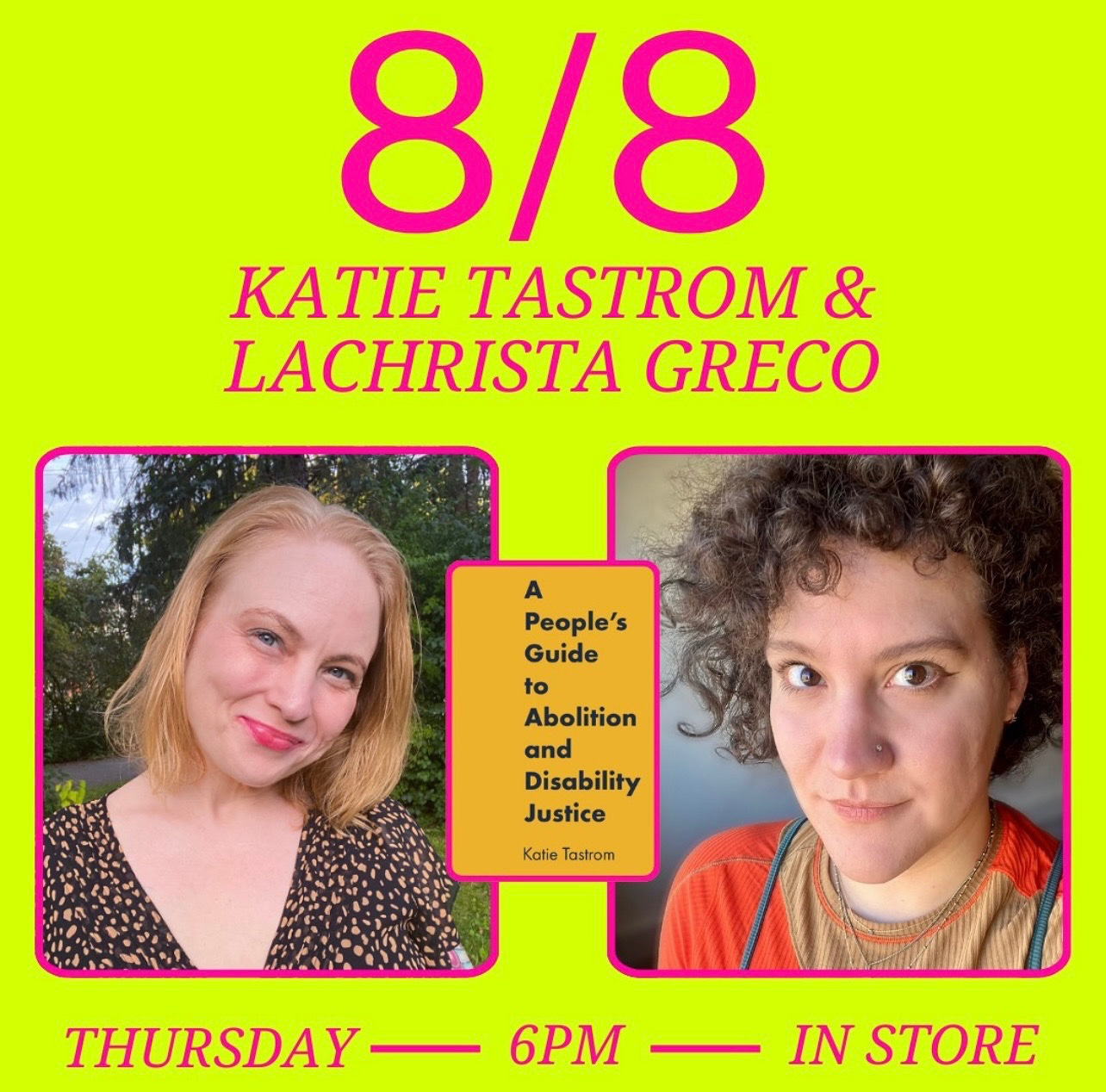Rage & Softness is reader-supported! Thank you to the folks who pay monthly to support my work. If you want to upgrade to paid, go here.
Add your favorite song to the newsletter Playlist!
Please “heart” or share my writing with your community and comrades! Forward this email to a friend, put it in your own newsletter, screenshot and share it on social media.
If you would like to pay for a subscription, but don’t want to do so through Substack, you can pay via my Venmo or PayPal. Also, if you’d like a paid subscription, but can’t afford it, please email me and I’ll add you—no questions asked.
(This is a post I wrote in 2020 with some edits, but it feels just as pertinent now so I’m resharing it. Since I’m trying to finish the book I’m writing, I might be resharing/reworking some older posts)
I’ve been thinking a lot about grief (and feeling a lot of it, too). It’s everywhere—personally and collectively.
Grief is a weighted blanket you can’t take off. It’s warming, even comforting—a cocoon in a cold, unsafe world. It is both expansive and confining. I feel the way it stunts my breath. I feel it creep around my body. When I try to ignore it, it grows stronger, louder, harsher. When I invite grief in, it does its dizzying dance, moves things around like an interior decorator, but gradually releases me from its grip.
Grief knits itself in my bones: ancestral grief, communal grief, global grief, personal grief—the grief of one moment ending and another beginning. How do we make room for it all? How do we continue to live while chronically breaking open?
I’ve often felt like I wasn’t made for this world. I know I’m not alone in this. Everything is too much and I don’t know how to handle it. There is grief in every moment, every breath. I cling too much. I grasp too much. I think I have control, but I don’t. None of us do.
I live in a chronic state of grief. I attempt to “prepare” for change. I attempt to “prepare” for loss. I’ve been doing this since my parent’s divorce. I’ve been doing this since I was first sexually assaulted at eighteen. I’ve been doing this since I was cheated on by an ex-boyfriend who had also assaulted me and gave me herpes. I’ve been doing this since loved ones have passed on. But when I “prepare,” I feel the pain at least twice: during the preparation and during the actual event.
I’m a masochist, I guess.
I don’t get pleasure from this, though. It’s not gratifying to feel grief in this way: the preparatory grief and the actual grief.
I end up feeling the preparatory grief a third time, too: in the aftermath of the event; like an aftershock of an earthquake. In the Wikipedia definition for “Earthquake,” it says: “It is the shaking of the surface of the Earth resulting from a sudden release of energy in the Earth's lithosphere that creates seismic waves.” Grief is a sudden release of energy, of love. And we can’t prepare for it. We don’t need to.
I have spent so much of my life preparing for grief. I have been in a constant state of baking this pain, inhaling its bittersweetness. But when it happens; when the timer goes off and it’s ready to come out of the oven, I’m never actually prepared. The preparations only hurt me.
Life is always ebbing and flowing. Change is inevitable. No feeling, no experience lasts forever. This is difficult to comprehend sometimes—the loss/lack of control we feel when we truly live our lives.
Grief is everywhere inside and outside of ourselves. We can’t push it away. We can’t prepare for it. This is a gift. We must let it come without waiting for it. We must feel it all.
That’s what I keep trying to do.
If you’re in Madison on 8/8, you should come hang at A Room of One’s Own bookstore while Katie Tastrom and I discuss her fabulous new book, A People’s Guide to Abolition and Disability Justice
Radical Acts of Care: From Underground Abortions to Militant Clinic Defense - Kelly Hayes
Hacker Shows How to Get Free Laundry For Life - Joseph Cox
The Criminalization of Solidarity: The Stop Cop City Prosecutions - Tadhg Larabee and Eva Rosenfeld
Binge Reading: New Books on the Eating Disorder Industrial Complex - Sascha Cohen
On the Simple Prophecy of Octavia Butler’s Parable of the Sower - Roz Dineen
Hannah Höch’s Satirical Collages Are a Joyful Turn of the Knife - Louisa Elderton
Red Disability, Queer Death, and Native Love “at the End” - Jas M. Morgan
How Botox killed eroticism - Laura Pitcher
This week’s song:










All of this. Yes.